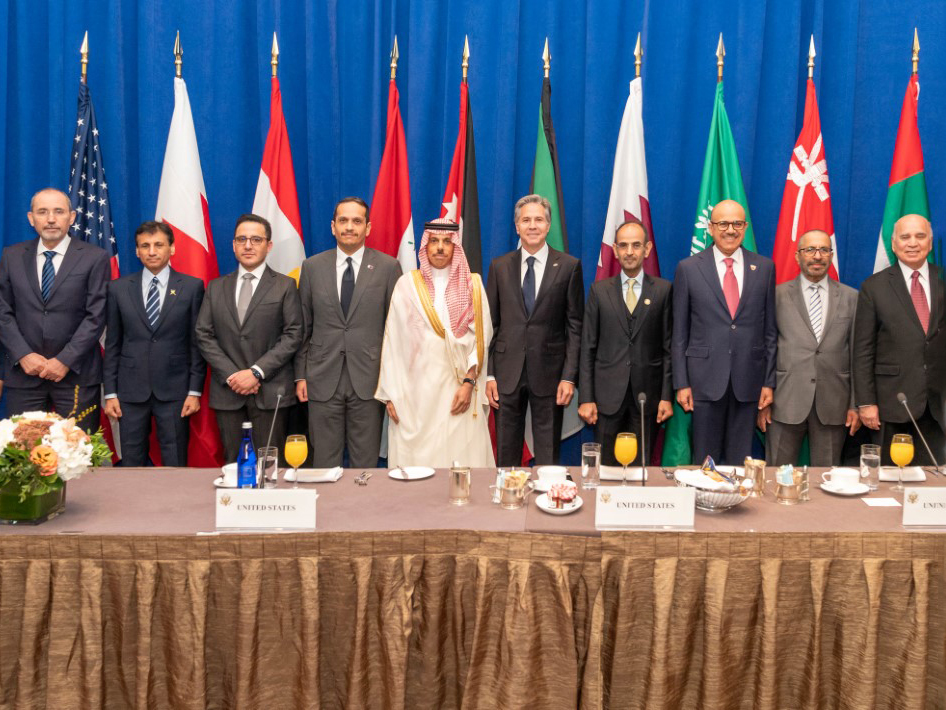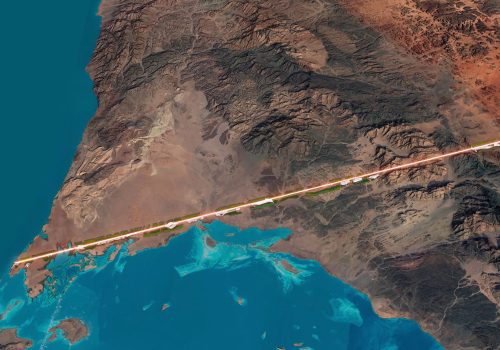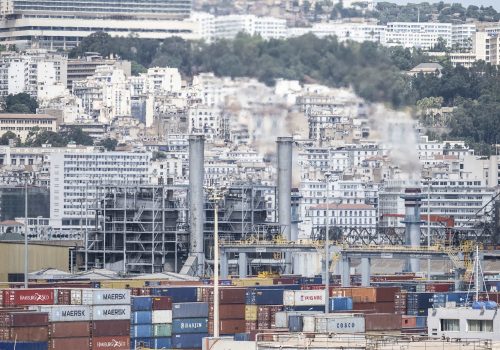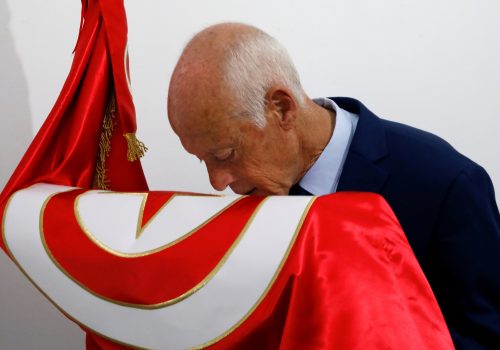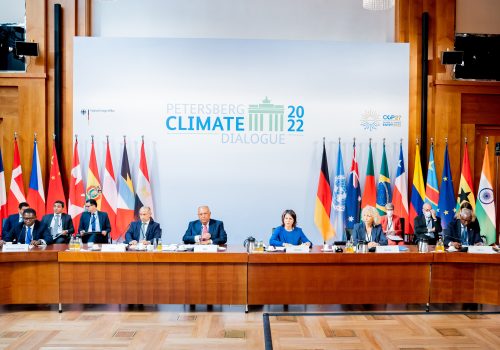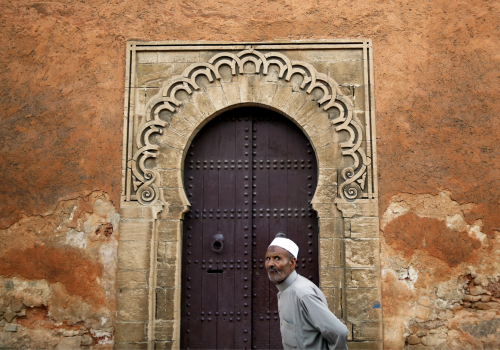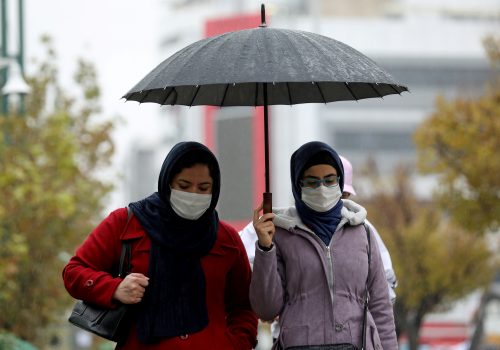In partnership with

Decade-old geopolitical transformations have impacted the Middle East and North Africa’s (MENA) efforts to implement socioeconomic reforms. More recently, the Ukraine war’s reverberations are also likely to affect the MENA countries’ paths towards such reforms. In this context, what different trajectories and approaches have North African and Gulf establishments adopted so far? In which areas have regional governments focused their reform efforts? How is the increasing great power competition influencing the Gulf countries’ chance to strengthen socioeconomic conditions and enhance institutions for good governance at the domestic level? Will Algeria be able to turn the high oil revenues into an opportunity for reforming its energy sector? Will Tunisian President Kais Saied succeed in implementing the necessary reforms to prevent the country’s economic collapse while avoiding the risk of escalating social tensions? What are the effects of the massive infrastructure projects undertaken by President el-Sisi on the Egyptian socioeconomic fabric?
This Dossier is a joint effort by Atlantic Council’s North Africa Program and the Italian Institute for International Political Studies (ISPI). It builds on the first one launched in July 2022, which examines the United States’ future role in the MENA and how international actors fit into the shifting geopolitical order within the region.
Karim Mezran is director of the North Africa Initiative and resident senior fellow with the Rafik Hariri Center and Middle East Programs at the Atlantic Council.
Valeria Talbot is a Senior Research Fellow and Co-Head of ISPI’s Middle East and North Africa Centre, in charge of Middle East Studies.
Related content
Image: U.S Secretary of State Antony J. Blinken met with U.S partners in Gulf Cooperation Council for the Arab States (GCCSG) plus Egypt, Iraq, Jordan, and Yemen on Sept 22, 2022.
